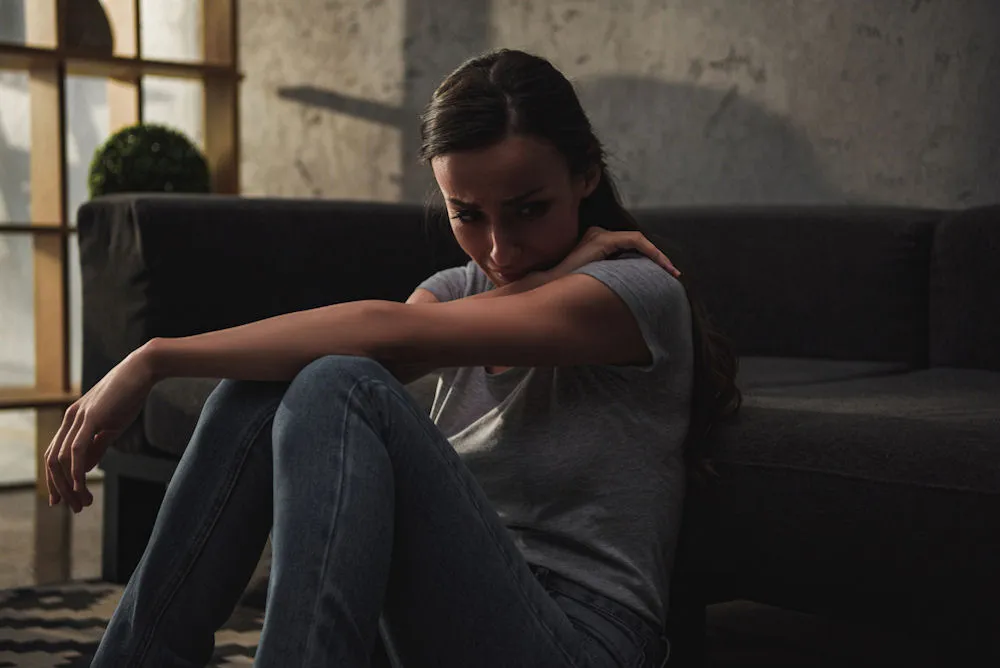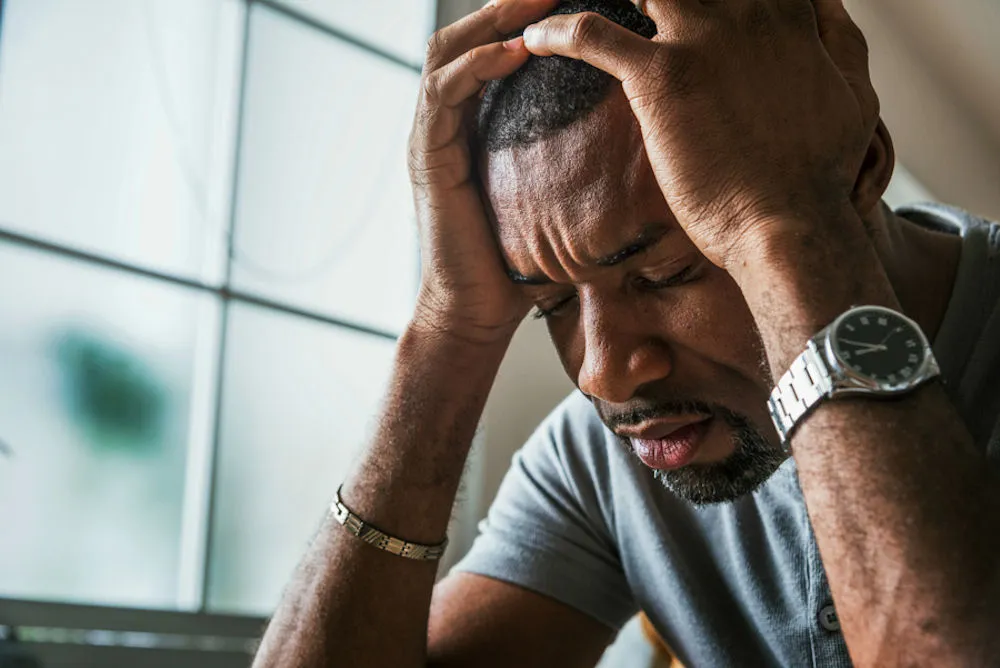Loading...
Loading...
Healing Both the Mind and Breaking Free from Addiction
Depression and addiction often fuel each other, creating a cycle of despair. Our integrated treatment addresses the root causes of both for genuine healing and lasting recovery.
adults experience both a substance use disorder and mental illness
adolescents had a major depressive episode in 2023
youth with depression also have a substance use disorder

Depression is more than feeling sad—it's a persistent condition that affects how you think, feel, and handle daily activities. Major depressive disorder can make even simple tasks feel overwhelming and drain the joy from life.
The relationship between depression and addiction is deeply intertwined. Many people turn to alcohol or drugs to numb emotional pain or escape feelings of hopelessness. Unfortunately, substances that provide temporary relief often worsen depression over time.
At Surf City Detox, we understand that depression and addiction must be treated together. Our dual diagnosis program addresses the underlying causes of both conditions, helping you find genuine relief without substances.
Recognizing these overlapping symptoms is essential for getting the right treatment.
Understanding how these conditions interact helps guide effective treatment.
Self-medication: Using substances to temporarily relieve emotional pain
Neurochemical effects: Substances disrupt brain chemistry, worsening depression
Withdrawal depression: Coming off substances often triggers depressive episodes
Shared risk factors: Trauma, stress, and genetics contribute to both conditions
Hopelessness cycle: Depression leads to substance use, which deepens depression
Our comprehensive approach heals depression while building a foundation for lasting sobriety.
Thorough evaluation of depression symptoms, history, and how they relate to substance use.
When appropriate, antidepressants and other medications to support mood stability.
Identifying and changing negative thought patterns that fuel both depression and addiction.
Gradually re-engaging with enjoyable activities and building a meaningful life without substances.
Exercise, nutrition, and mindfulness practices that support both mental health and recovery.

Depression doesn't have to define your life, and substances don't have to be your only escape. Our dual diagnosis program offers real healing and lasting recovery.
Confidential. Compassionate. Available when you need us.